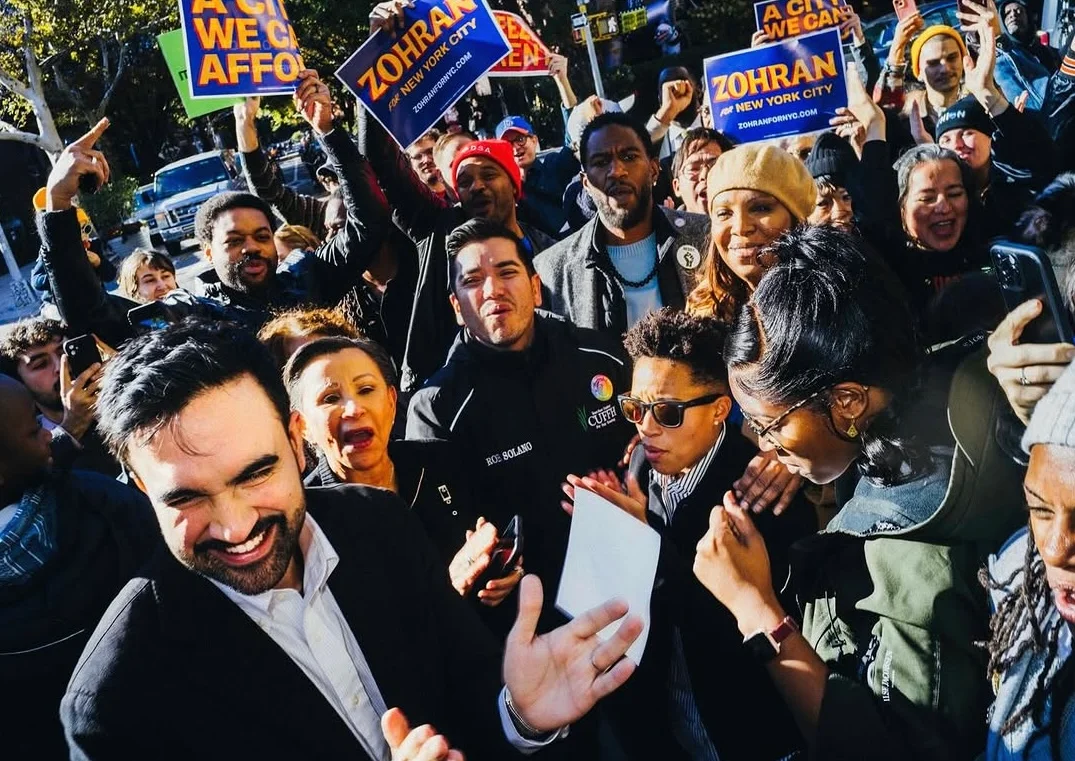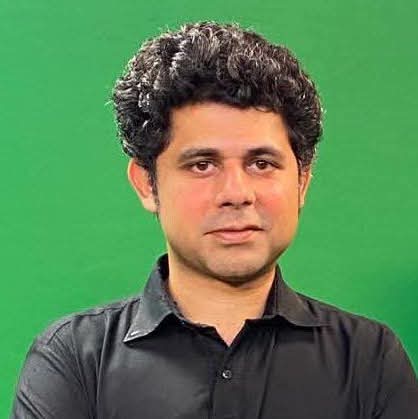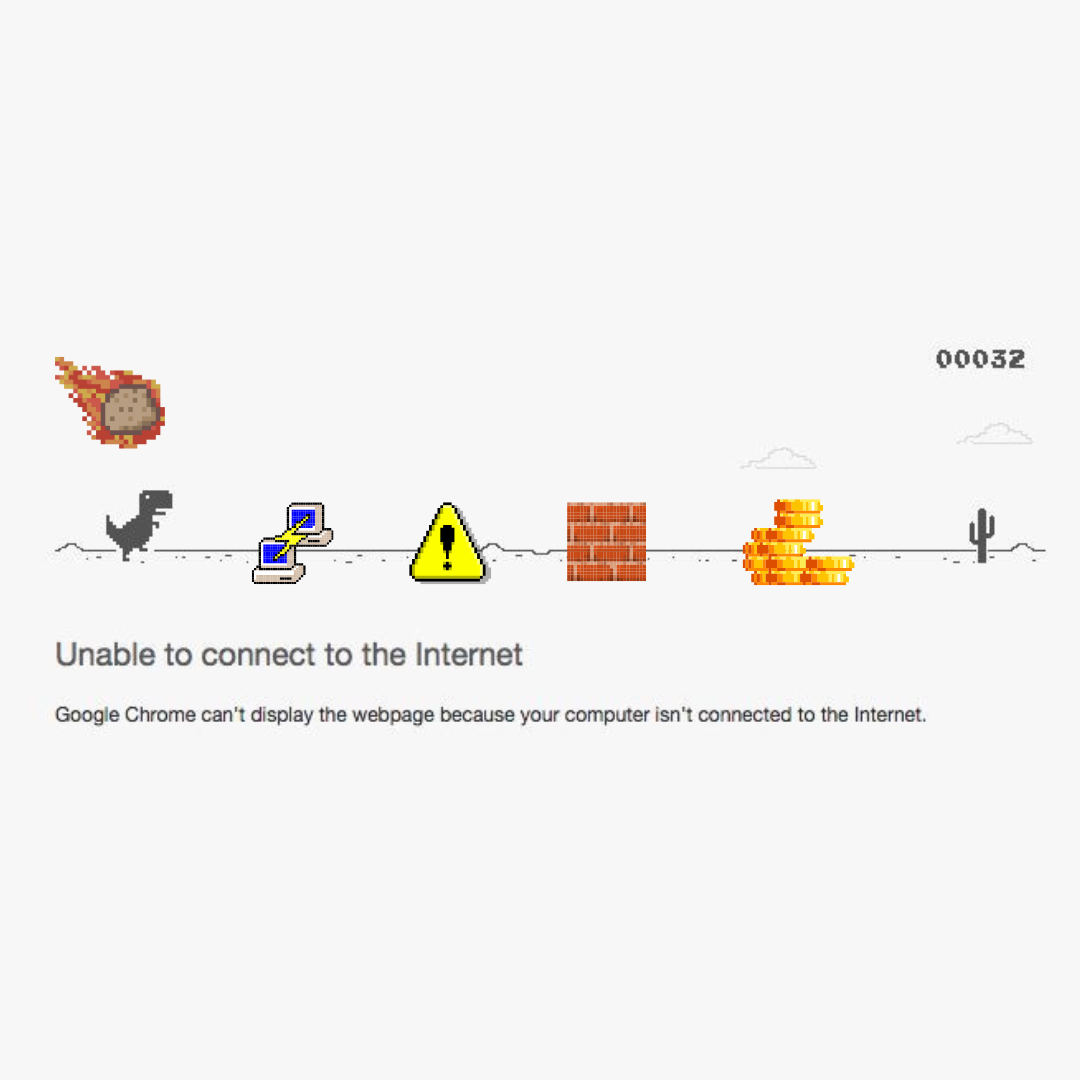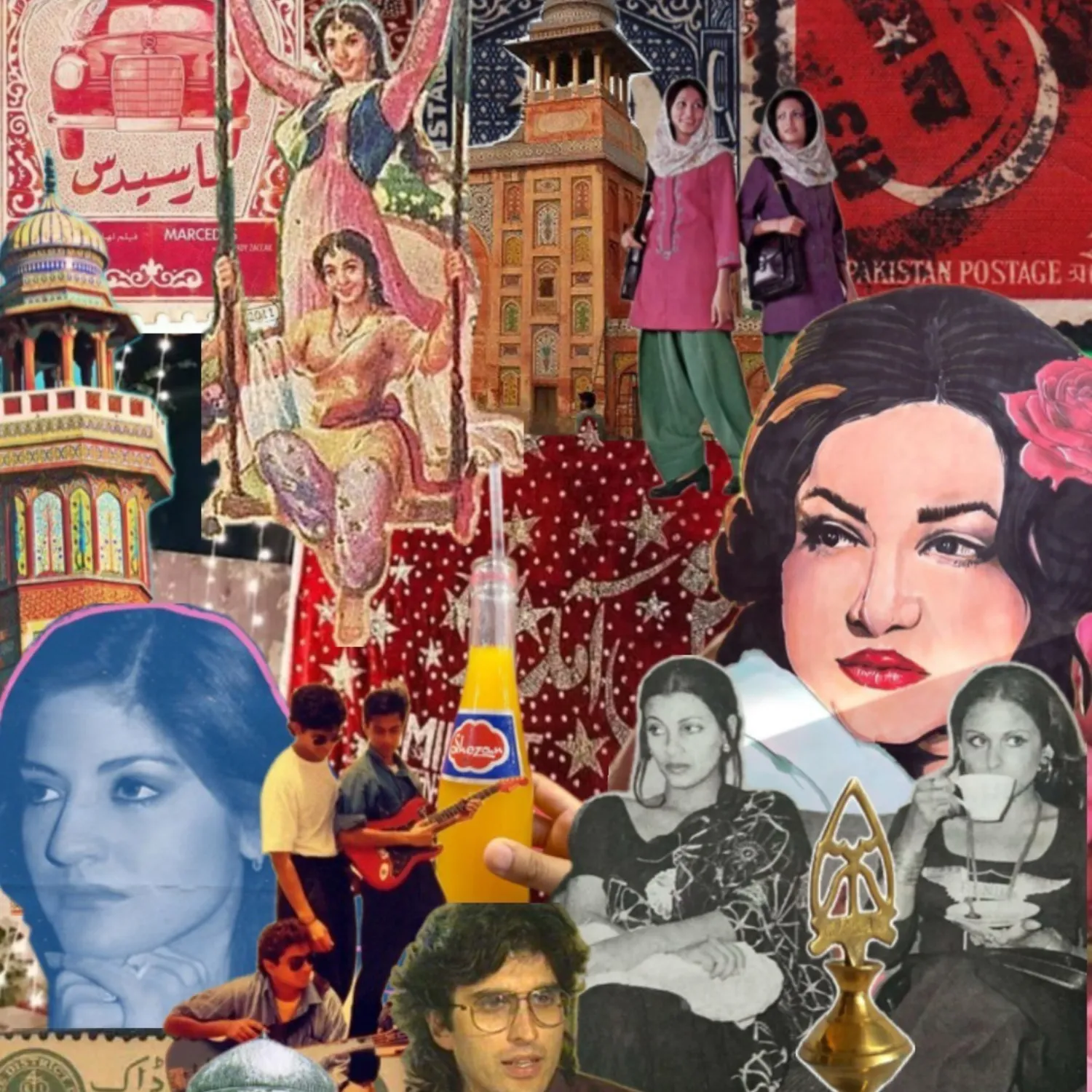For 40 years, we were told that there is only one game in town. The human quest for a new era ended with the collapse of the Soviet Union and the decisive victory of the US in the Cold War. In the unipolar period, capitalism appeared as the eternal truth, deemed as natural as human nature itself. In the US, it was expressed through the pursuit of neoliberalism, a form of free market fundamentalism that lifted constraints on capital, while diminishing the bargaining power of labour. Globally, this period was marked by the imposition of IMF structural adjustment programs, and, for those who resisted, sanctions and even US-led bombing campaigns.
This world was carved up for corporate plunder and greed, initiating one of the most grotesque forms of inequality globally, as well as within the US. As the financial hub of capitalism, New York City is the center of this corporate-led global order. Yet, it is within its heart that the system is facing an unexpected challenge in the form of Zohran Mamdani. Mamdani represents a disruption to Capital’s fantasies of absolute domination of political and social life.
Since the economic crisis of 2008, we have witnessed a resurgent Far-Right that galvanised the rage of ordinary people to build a politics of fear and hate. Phobias against immigrants, communists, Islam, feminists and a host of other identities were constructed to divide and disempower people. Mamdani has forged a different path. His campaign mobilised the disparate grievances of ordinary people to build a common project for social justice. Consider how he dealt with his own identity as a Muslim immigrant. Instead of denying it, he argued how his own quest for justice was rooted in principles of Islam, particularly foregrounding the sacrifice of Imam Hussain as a pillar of strength during his campaign. He embraced this tradition, not to divide, but to connect with others across New York who longed for solidarity and justice. Identity was used in an expansive sense to connect, rather than to pit vulnerable people against each other.
Mamdani's campaign has reminded people that no matter how large social movements or protests become, the real task is to combine disparate struggles into a common project aimed at taking power, displacing the ruling classes and transforming the system.
‘Democratic socialism’ encapsulates the new horizon for the disadvantaged proposed by Mamdani. The word socialism, long suppressed by the US ruling classes in the McCarthy era through anti-Communist witch hunts, has returned to the popular political lexicon of the US as a ghost from a buried past. The word signals not only the objective division between ordinary people and the oligarchs, but also posits an ideological and strategic orientation for those willing to transform the system. The incredible social media campaign, Mamdani’s personal charm and a robust on-the-ground strategy worked to advance a concrete proposal to fight the billionaires who control the city and the world.
Another crucial aspect of this election has been the impact of global events. The Zionist-led genocide of Palestinians, funded by Western governments and cheered by the corporate media, provoked a youth rebellion across the US, particularly on university campuses. In Mamdani, Gen Z found an individual willing to take their discontent against the crimes of the US-Israeli war machine to the ballot box. Mamdani advocacy for Palestine led to vicious allegations of anti-semitism, a long-held strategy of demonising any individual who breaks the bipartisan consensus on Israel. Yet, his support for Palestine enhanced his electoral standing, demonstrating the tectonic shifts in public opinion ushered in by the sacrifices of those in Gaza and the insurgent demonstrations by the youth across the Western world.
These aspects reflect the rupture caused by Mamdani’s remarkable election campaign. Yet, significant challenges lay ahead for the movement. First, the Democratic Party will be further torn between the Right and the Left factions, a division that has fractured the political machine since Bernie Sanders campaigned against Hillary Clinton in 2016. Many party heavyweights supported the former Democratic Governor Andrew Cuomo against Mamdani; those who endorsed Mamdani did so very late in the race as an acceptance of an inevitable reality, rather than as enthusiastic support. The influence of the corporate billionaires on the Democratic Party machine will tie Mamdani’s hands as he fights for space to fulfill his populist agenda that includes rent freezes, universal child care and free public buses.

Moreover, the sight of a Muslim Socialist mayor of New York has already galvanised the American Right. Islam and Socialism are two of the most demonised symbols in the American political psyche, and the Right is pouncing on the opportunity by propagating how ‘Sharia Bolshevism’ is threatening the US. While these nonsensical ideas no longer hold much currency in cosmopolitan centers, in the conservative hinterlands of the US, where traditional notions of Christianity and whiteness are on the ascendant, will mobilise with a new vigour against the Mamdani threat. Trump has already used Mamdani as a launching pad for attacks against progressives, indicating the vicious polarisation that is about to grip the American political sphere.
If nothing else, Mamdani’s campaign has shifted the coordinates of a reality constructed by a billionaire class, a feat that will remain a source of immense inspiration for those fighting for a new world.
Moreover, Mamdani will face the challenge of not only navigating the explosive internal minefields of American politics, but the global nature of his campaign will also force him to take positions on international issues. Socialists around the world who cheered on his historic win are expecting him to take a principled anti-imperialist position against US interventions across the global South. There are already some distressing signals that he might be tempted to take the path of AOC, who has forfeited an anti-imperialist position by parroting US foreign policy talking points. Mamdani himself has called Cuba and Venezuela dictatorships and has refused to support the resistance in Palestine, issues that will continue to become contentious and can potentially divide his progressive coalition.
Yet, those who dismiss the historic nature of his win based on the current limitations of his programme have a myopic view of the situation. Mamdani’s electoral victory has not only brought a democratic socialist to power in the heart of capitalist imperialism, but it has changed the entire ideological field that determines what is acceptable and unacceptable in the public discourse. Socialism has been transformed from the margins into a new common sense and a new horizon for the youth in the US. This shifting of the measure of what is deemed possible and impossible is the hallmark of a historic shift in consciousness. If nothing else, Mamdani’s campaign has shifted the coordinates of a reality constructed by a billionaire class, a feat that will remain a source of immense inspiration for those fighting for a new world.

More importantly, Mamdani has proven that progressive politics is not just about resistance. After the 1990s, all politics of the left had become limited to criticism and protests. We too were inducted into the same culture on the Left. The question of a concrete programme and the acquisition of power had completely disappeared from leftist discourse after the fall of the Soviet Union. Boycotting the state was considered more important than seeking to govern it. The same paralysis, where moral posturing outweighed strategic planning, was found in the American Left. But Mamdani's campaign has reminded people that no matter how large social movements or protests become, the real task is to combine disparate struggles into a common project aimed at taking power, displacing the ruling classes and transforming the system. The ongoing alliance between billionaires and the Far-Right conspiracy theorists against him is geared towards preventing him from exercising power from New York’s City Hall and delivering on his campaign promises, thus reversing the gains made by the Left.
Mamdani’s electoral victory has not only brought a democratic socialist to power in the heart of capitalist imperialism, but it has changed the entire ideological field that determines what is acceptable and unacceptable in the public discourse.
In the current circumstances, however, Mamdani does not possess a magic wand to solve the problems. The basis of his success is the growing class division in society and the alliance of the working class and the youth. The extent to which this alliance can be further organised, the extent to which its consciousness can be linked not just to American issues but to the global anti-imperialist struggle, and the extent to which a relationship can be built with broader sections of the public, especially the working class outside of cosmopolitan centers like New York — these are the questions that will decide the future. In other words, more important than personal inclination will be the political programme and strategic orientation that determines whether the situation moves towards revolutionary change or whether reactionary forces will take advantage of this opportunity.
Either way, we are witnessing the rebirth of History as an ideological and practical battlefield between a suffocating capitalist present and hopeful socialist future. The future will no longer be dictated by the billionaire class, the war industry and their technocratic supporters. It will be shaped by the struggles on the streets, university campuses, factories, the media and the parliament. A different tomorrow is now possible, and it is worth fighting for.





